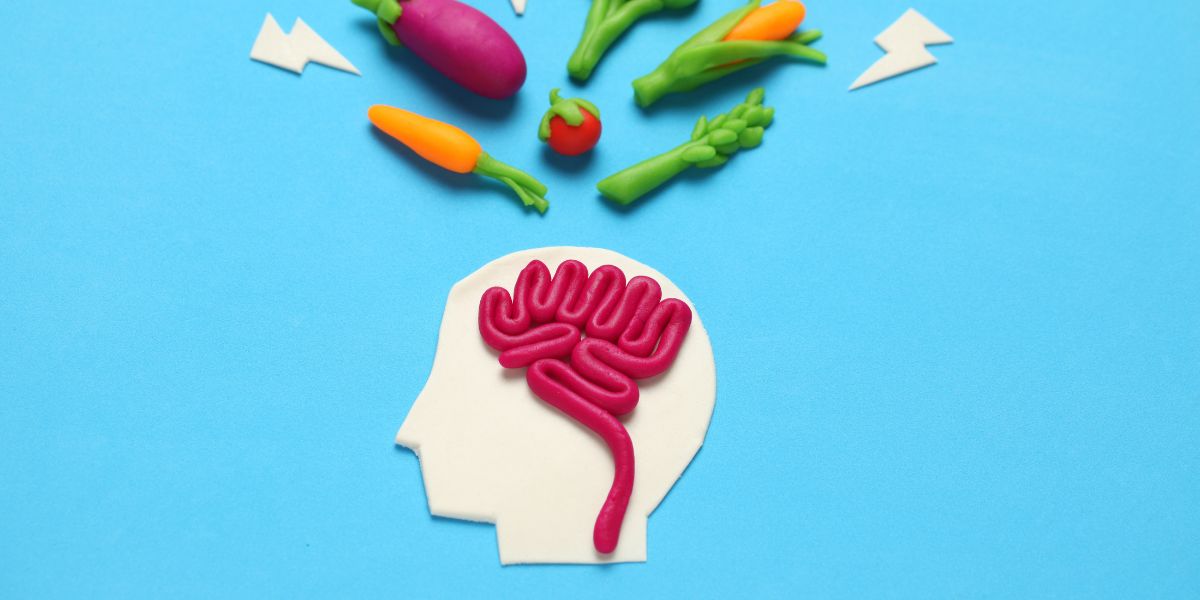Aromatherapy is the practice of using essential oils (extracted from plants and concentrated) to improve the condition of the mind or body.
Whilst aromatherapy has shown evidence of reducing anxiety, stress and depression, controlled studies indicate that the benefits are likely a placebo effect. [296]
Whilst there is little hard evidence that aromatherapy is an effective clinical therapy, it may help you relax and improve your general well-being.
What is aromatherapy?
Aromatherapy has a long history dating back to the Greeks and the Egyptians, but its renaissance occurred in France in the 1940s, when French chemist Rene-Maurice Gattefosse used lavender to help cure a burn he had suffered.
Essentials oils can be used with massage, compresses, in baths or by inhaling.
Aromatherapy has been used clinically to reduce anxiety in areas of palliative care, rehabilitation after major heart disease events and in mental health.
It’s use in clinical settings is somewhat controversial as its effectiveness is yet to be established by well-run research. [297]
Benefits of using aromatherapy to treat diabetes
The main clinical use of aromatherapy is in reducing anxiety Research studies has shown effectiveness in reducing anxiety. However, typically when placebo controlled trials have been undertake, no significant differences have been observed.
There is therefore a case to be made that if either aromatherapy or a placebo is effectively used, then this may benefit some people in clinical settings.
Depression
Whilst there are research studies that demonstrate benefits of aromatherapy in improving symptoms of depression, there is currently a lack of well-run controlled studies in this area. [298]
Wound healing
Another purported benefit of aromatherapy is wound healing. Whilst some oils, such as tea tree oil, have antibacterial properties, research into wound healing properties have been inconclusive.
Foot wounds in particular present a high risk of danger for people with diabetes and it is therefore important that any foot wound is treated by a healthcare professional.
It is not recommended to rely on aromatherapy as this method has not been proved to be effective in people with diabetes. [300]
Side effects
Side effects may exist depending on which type of oil is used for which purpose.
Some people may experience allergic reactions to contact with certain essentials oils. Essential oils may also interact with some drugs [299]




